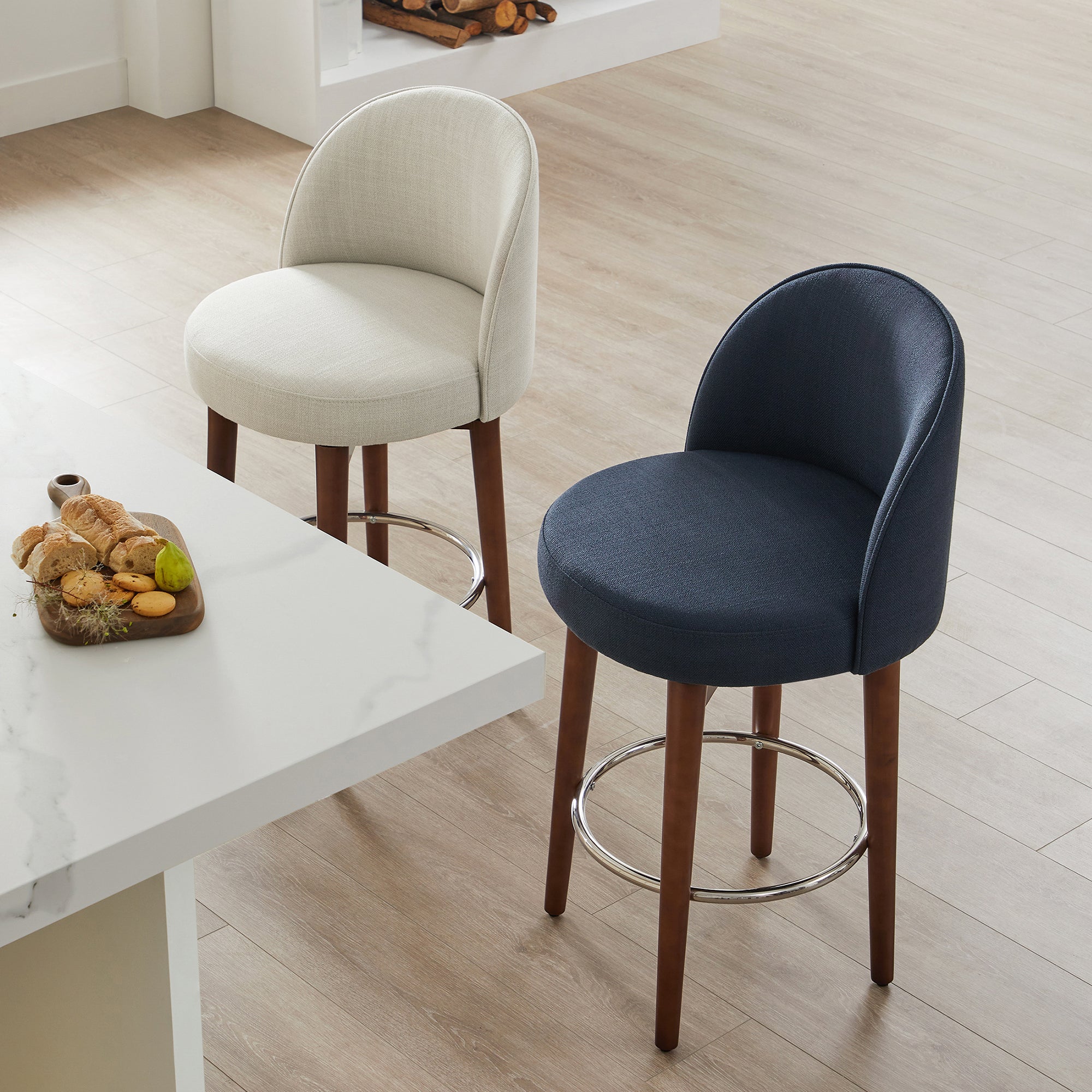Unlock the Secrets of Stylish Counter Stools That Transform Your Space!
Counter stools are more than just functional seating; they are a key element in home design that can significantly enhance the overall aesthetic of your space. Whether you have a kitchen island, a breakfast bar, or a casual dining area, the right counter stool can elevate the look while providing comfort and convenience. With a plethora of styles available—from sleek modern designs to rustic traditional ones—there’s a counter stool to complement every interior design theme. Choosing the right one is essential, as it can help create a cohesive look in your home while serving its practical purpose.

Types of Counter Stools
When exploring counter stools, you'll find a diverse range of styles to suit different tastes and interior themes. Traditional counter stools often feature classic designs with rich wood finishes, adding warmth and elegance to a dining space. In contrast, modern stools boast clean lines and minimalist aesthetics, making them ideal for contemporary settings. Industrial-style counter stools, characterized by their raw materials and exposed elements, can bring a chic, urban edge to your decor. Each type of counter stool significantly influences the overall look of your room, so it’s worth considering how they align with your existing decor. A friend of mine recently revamped her kitchen with a set of industrial stools, and the transformation was stunning; they added just the right amount of character to her space.
Height and Size Variations
Counter stools come in various heights and sizes, which is a critical factor to consider when making your selection. Standard counter height is usually around 36 inches, requiring stools that are 24 to 26 inches tall. However, bar height stools, which are taller, typically cater to counters around 42 inches high. It’s essential to measure your counter height and choose stools that provide comfortable seating—ideally, there should be about 10 to 12 inches between the seat of the stool and the underside of the counter. Personal preference also plays a role; some individuals may prefer a higher seat for a more casual dining experience, while others may opt for something lower for more relaxed settings.
Materials and Finishes
The materials used in counter stool construction greatly impact their durability and style. Wooden stools bring warmth and can range from rustic to sleek, depending on the finish. Metal stools, often found in industrial designs, are sturdy and easy to clean, making them suitable for high-traffic areas. Upholstered stools offer comfort and can come in a variety of fabrics, allowing for more personality in design. However, they may require more maintenance to keep them looking pristine. Each material has its own benefits and drawbacks; for instance, while metal is durable, it may lack the coziness of wood. A friend chose upholstered stools for her dining area, and they became a cozy gathering spot for family and friends.
Design Features
Counter stools can also come with various design features that enhance their functionality and appeal. Swivel seats add versatility, allowing users to turn easily without moving the entire stool. Backrests provide extra support and comfort, making them ideal for longer gatherings. Footrests are another important feature; they not only enhance comfort but also improve posture while seated. When choosing a counter stool, consider how these features will work in your space. For instance, if you frequently host friends for game nights, stools with backrests and footrests may be an excellent investment for added comfort during extended sitting.
Color and Pattern Choices
The color and pattern of counter stools can dramatically influence the ambiance of your space. Bold colors can act as statement pieces, drawing attention and adding vibrancy to a room. Conversely, neutral colors can seamlessly blend with existing decor, creating a more understated yet elegant look. Patterns, such as stripes or florals, can inject personality and charm into a setting. My neighbor recently selected bright red stools for her kitchen, and they instantly became the focal point of the room, sparking joy and conversation during family meals.
Choosing the Right Counter Stool for Your Home
In summary, counter stools are a vital component of both functionality and design in any home setting. Understanding the different types, sizes, materials, and design features can significantly enhance your ability to choose the perfect stool for your space. Whether you're drawn to a modern, traditional, or industrial style, the right counter stool can elevate your home’s aesthetic while catering to your lifestyle. Take the time to consider your personal style, your space's needs, and the features that matter most to you. In doing so, you will find the ideal counter stools that not only complement your decor but also enhance your living experience.






Comments